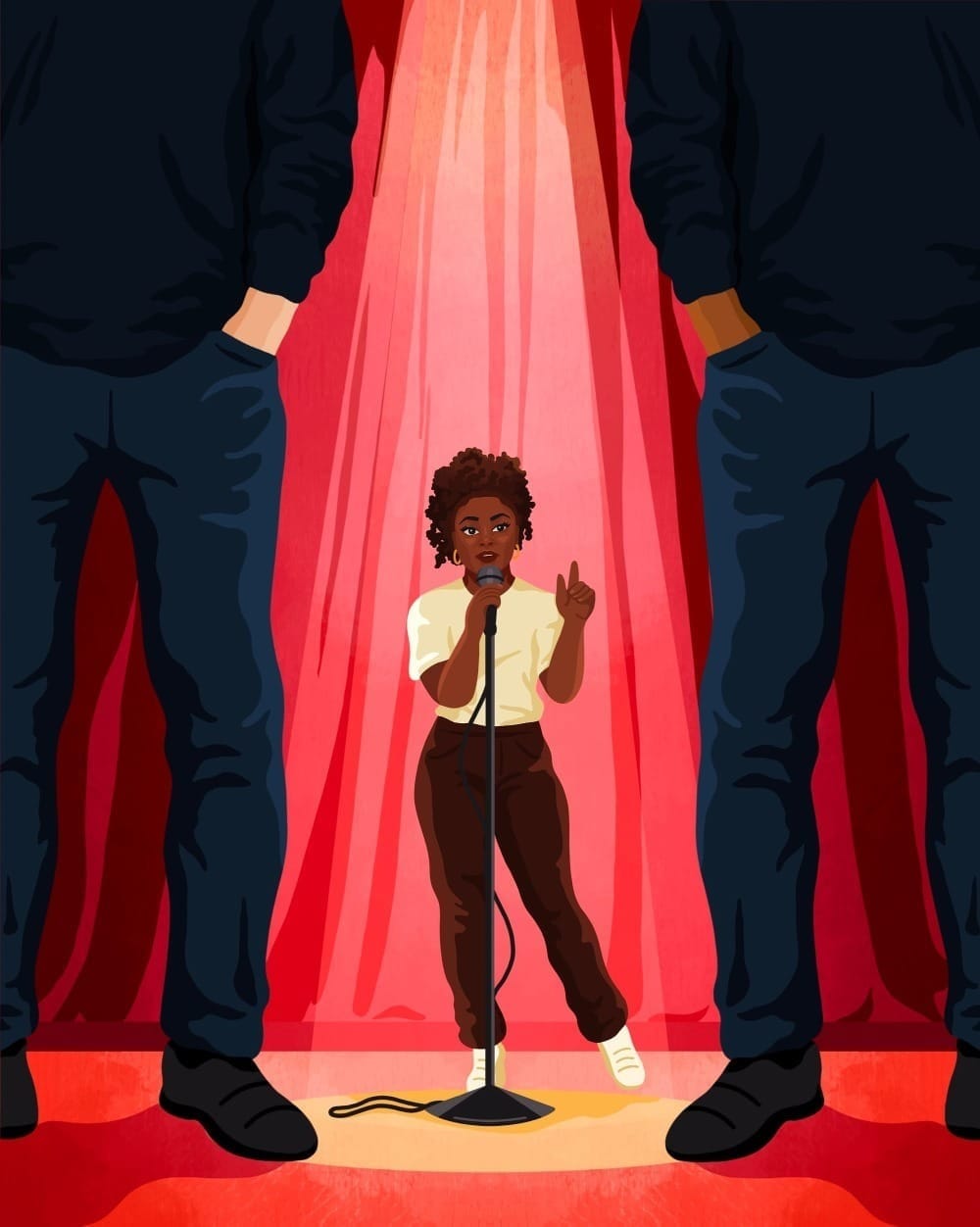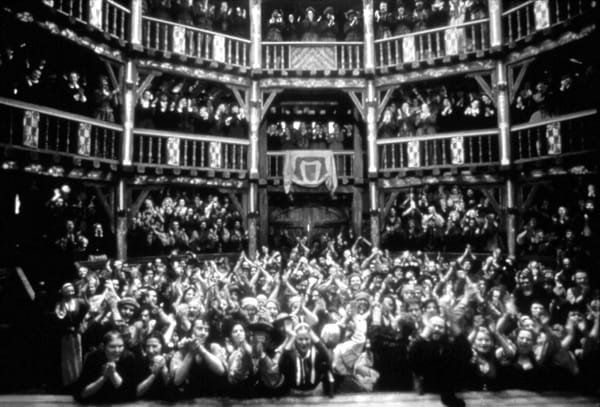Not Ladylike to Laugh? Oh, Please.
For men to be funny, women don’t have to be unfunny. Both may chuckle.

The Persistent is available as a newsletter. Sign up here to get it delivered to your inbox.
In mid-September, the Hot Water Comedy Club, a well-known and much-beloved stand-up comedy venue in the English city of Liverpool tweeted that it was committed to diversity—but added a caveat: “The reality is that certain professions, including stand-up comedy, naturally have gender imbalances.”
It went on:
“Based on our own applicants, roughly 85-90% of comedians applying for spots are male, compared to 10-15% female. While we fully support the push for greater diversity in comedy, the current ratio of male to female comedians on the circuit means that evenly mixed lineups each week can be difficult to achieve without compromising the overall quality of the show.”
And then:
“Maintaining high standards is something we'll never compromise on.”
For a statement coming from a comedy club, it was staggeringly unfunny.
I’m a woman. And I am funny. In fact, I’m so funny. I’ve taken two solo comedy shows to Edinburgh Fringe, the world’s largest performance arts festival, for successful runs, I host monthly news-themed comedy night in London, and I write for the BBC’s long-running satirical show Have I Got News For You (now remade for America!).
The Hot Water Comedy Club posted its statement after the British comedian Lucy Beaumont had called out (in a now-deleted tweet), a number of comedy clubs for running all-male line-ups. She didn’t beat around the bush: “Where’s all your fucking women?” she asked.





